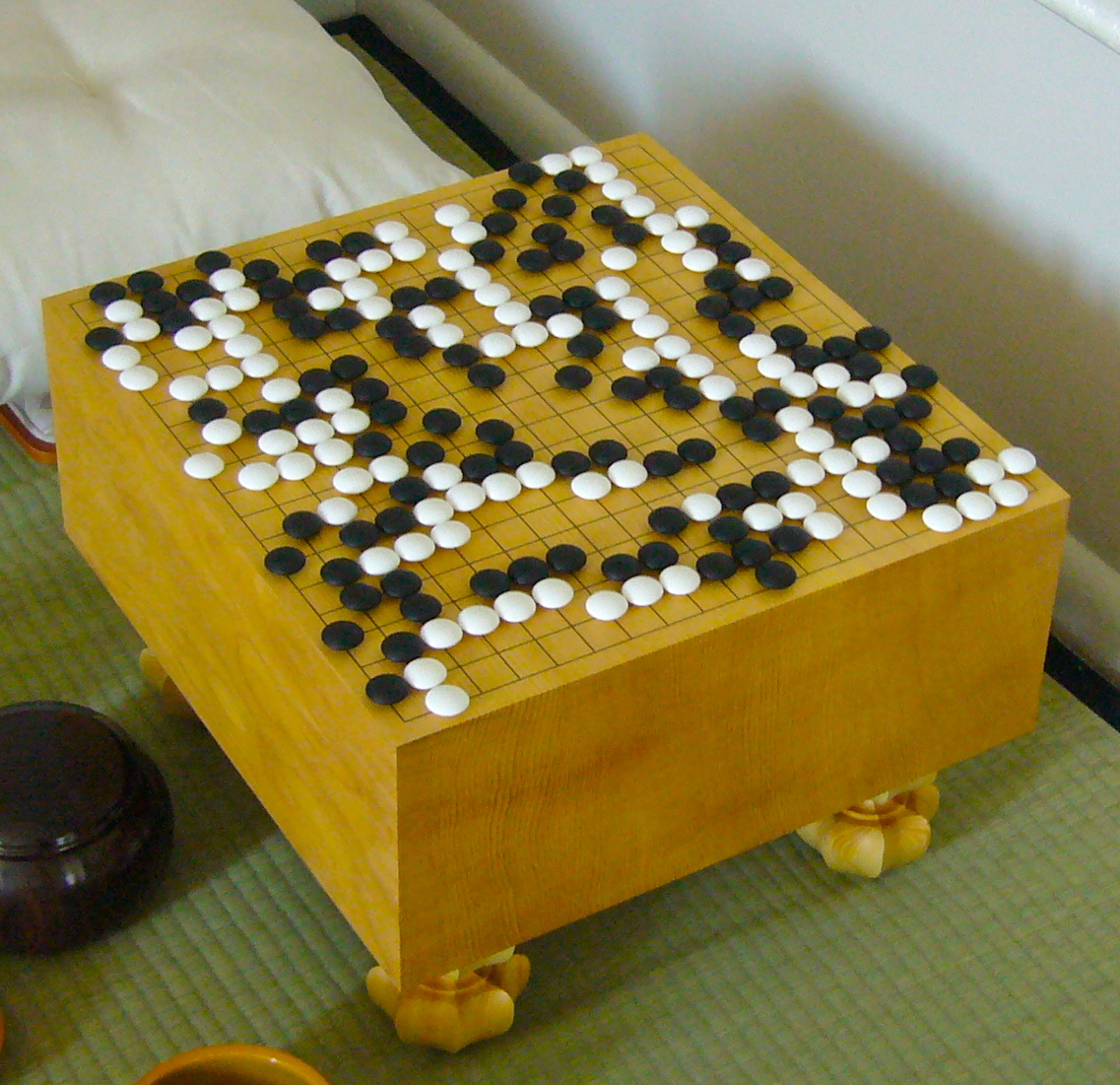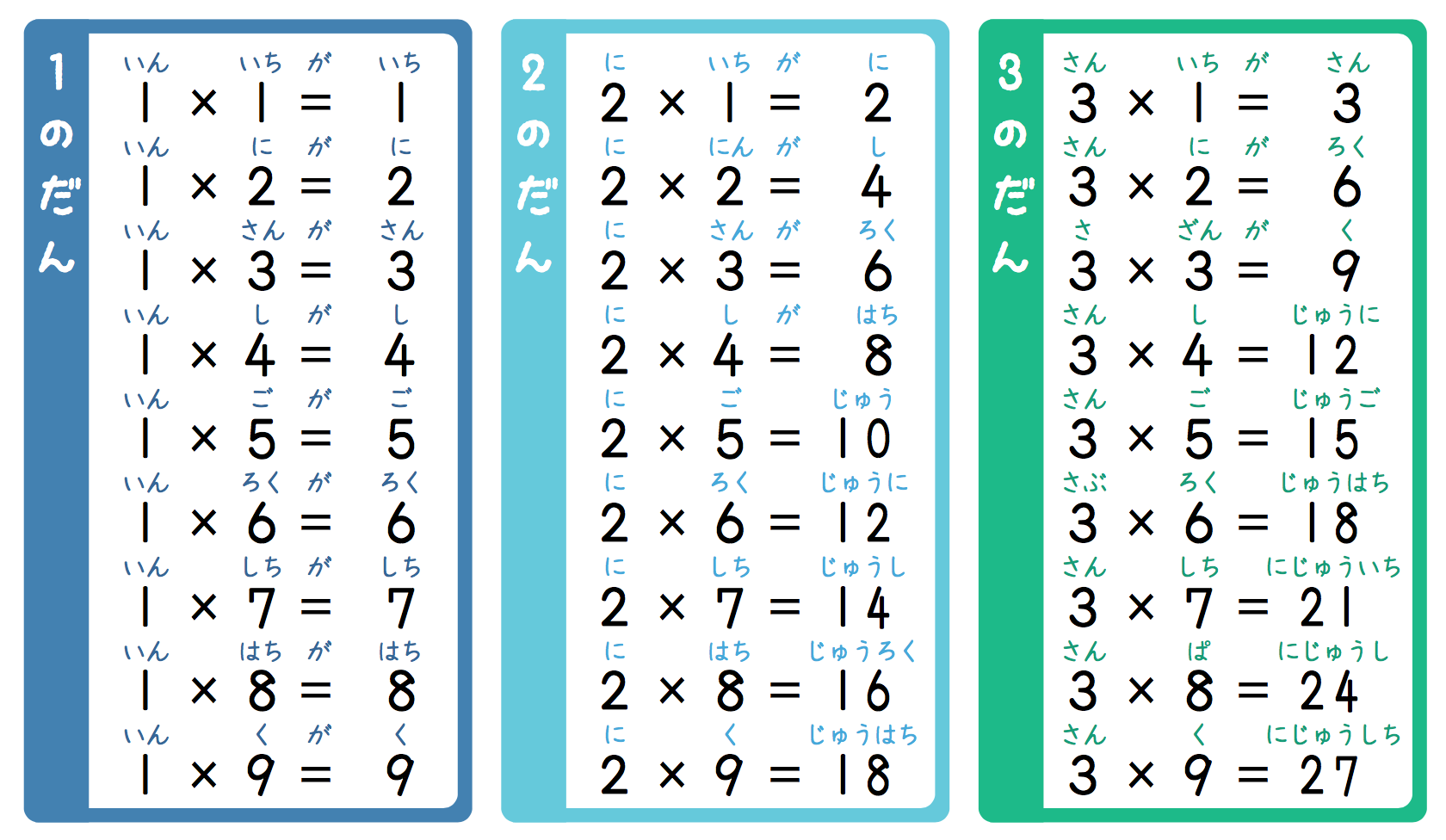Go (囲碁): An ancient asian board game of deep strategy
Go is a two-player board game which originated in China over 2,500 years ago, and is now popular in other countries including Japan and Korea. In Japanese it is written as “囲碁” (“igo”). The game board contains a grid which is typically 19×19, though sometimes smaller sized grids are used for beginners (9×9 or 13×13).… Read More »


